Azerbaijani Theatre: History & Cultural Uniqueness
Baku is a city where East meets West not only in architecture and cuisine but also in theatrical art. Theatre here is more than entertainment; it is a living history, a reflection of national identity, and a space for cultural dialogue. Azerbaijani theatre is unique because it blends folk motifs, European dramaturgy, and Eastern musical traditions, while also serving as a platform for social transformation, making the stage a symbol of cultural progress.
History of Theatre in Baku
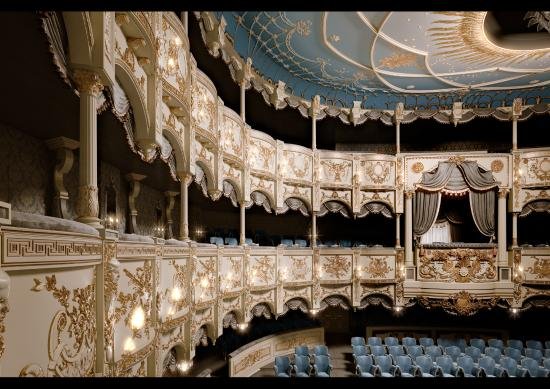
Theatrical art in Baku began to flourish in the late 19th century. Early public performances—amateur plays and drama circles—quickly gained popularity among the local population. During this period, the first drama troupes emerged, performing in Azerbaijani, Russian, and French.
A particularly significant development was the appearance of women on stage. Until the late 19th century, male actors typically played female roles, and women performing publicly were rare. The debut of female actresses not only enriched the theatrical craft but also symbolized social progress, reflecting changing norms and opening new opportunities for women in Azerbaijani society.
In 1911, the Azerbaijan State Opera and Ballet Theatre named after M. F. Akhundov was constructed through the initiative of the oil magnate Dashdin Asadullayev. The theatre became a cultural center where European classical plays and national productions infused with folk music and traditions were performed on the same stage, creating a unique artistic environment.
The Uniqueness of Azerbaijani Theatre
Azerbaijani theatre stands out for several reasons:
> Social progress through art: The stage became the first public space for women performers, breaking societal taboos and promoting cultural modernization
> Cultural fusion: Eastern and Western traditions coexist, with folk music and classical vocals blending, and national motifs intertwining with European dramaturgy.
> National productions: Classical works share the stage with operas and dramas inspired by Azerbaijani literature, mythology, and epic tales.
> Aesthetic and architectural value: Theatre buildings in Baku are works of art reflecting the spirit of their eras and the cultural achievements of society.
> Influence on the arts: The theatre has been a platform for developing national schools of acting, singing, and directing, nurturing new generations of artists.
Key Personalities
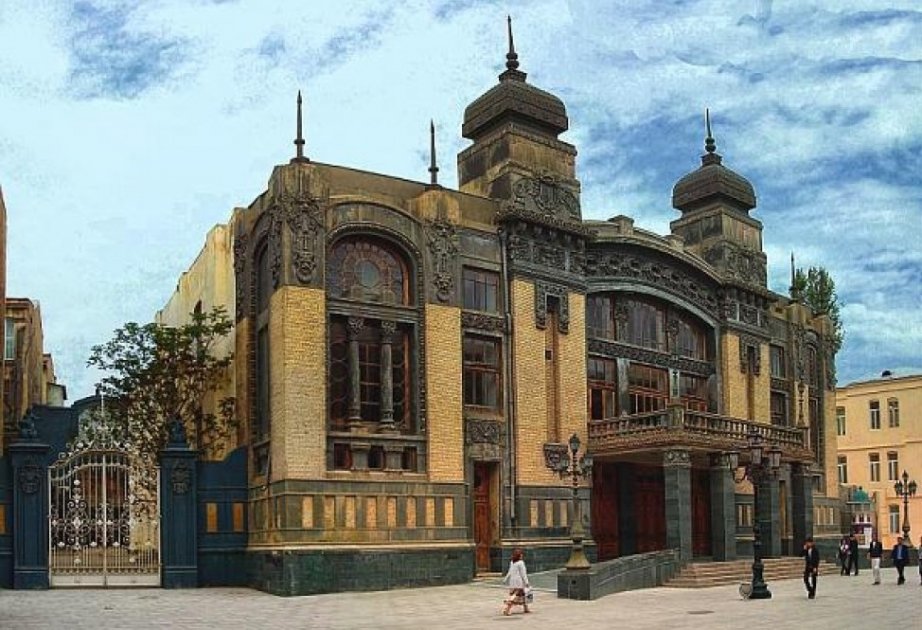
Uzeyir Hajibeyov (1885–1948)
Composer, conductor, and pedagogue, Hajibeyov is the founder of Azerbaijani opera. Works like Leyli and Majnun laid the foundation for the genre, combining folk music with European techniques. Hajibeyov made theatre a platform for cultural synthesis and international recognition.
Bulbul (Mikayil Mirza Mahmudov, 1897–1961)
Renowned singer, educator, and cultural figure. Bulbul combined classical vocal techniques with folk traditions, popularized national music, and made it accessible on the opera and ballet stage. He played a pivotal role in establishing Azerbaijan’s vocal school.
Surabyan and Mirza Aliyev
Directors and playwrights whose productions became classics of the Azerbaijani stage. They introduced innovative directing methods and scenography, shaping a modern theatrical language.
Contemporary Figures
Modern directors and performers continue the legacy of the classics, organizing festivals, conducting masterclasses, and experimenting with form and content while preserving national identity on stage.
Theatre Architecture
Theatres in Baku are not just performance spaces but architectural monuments:
Akhundov Opera and Ballet Theatre: A blend of European classicism with Eastern decorative traditions. Lavish interiors, painted ceilings, chandeliers, and ornate details create an unparalleled atmosphere.
Drama Theatre named after Samad Vurgun: An early 20th-century architectural landmark reflecting the social and cultural trends of its time.
Each theatre building is a museum preserving cultural heritage and illustrating the development of national identity.
Theatre as a Mirror of History and Culture
Azerbaijani theatre reflects both artistic achievements and social transformations:
> It shows how society evolved and the role of women changed;
> Demonstrates the synthesis of national and European traditions;
> Serves as a platform for cultural dialogue and exchange;
Shapes artistic perception and national pride through music, drama, and stage art.
Even for those who never attend a performance, exploring the history of theatre, biographies of performers, and architectural masterpieces allows a deeper understanding of Azerbaijani culture and its unique artistic heritage.
Want to dive deeper into Baku’s theatre scene with full listings, schedules, and what's on? Check out the Azerbaijani Opera & Music: Tour Guide to Baku — your go-to resource for theatres, performances, and musical events across the city.

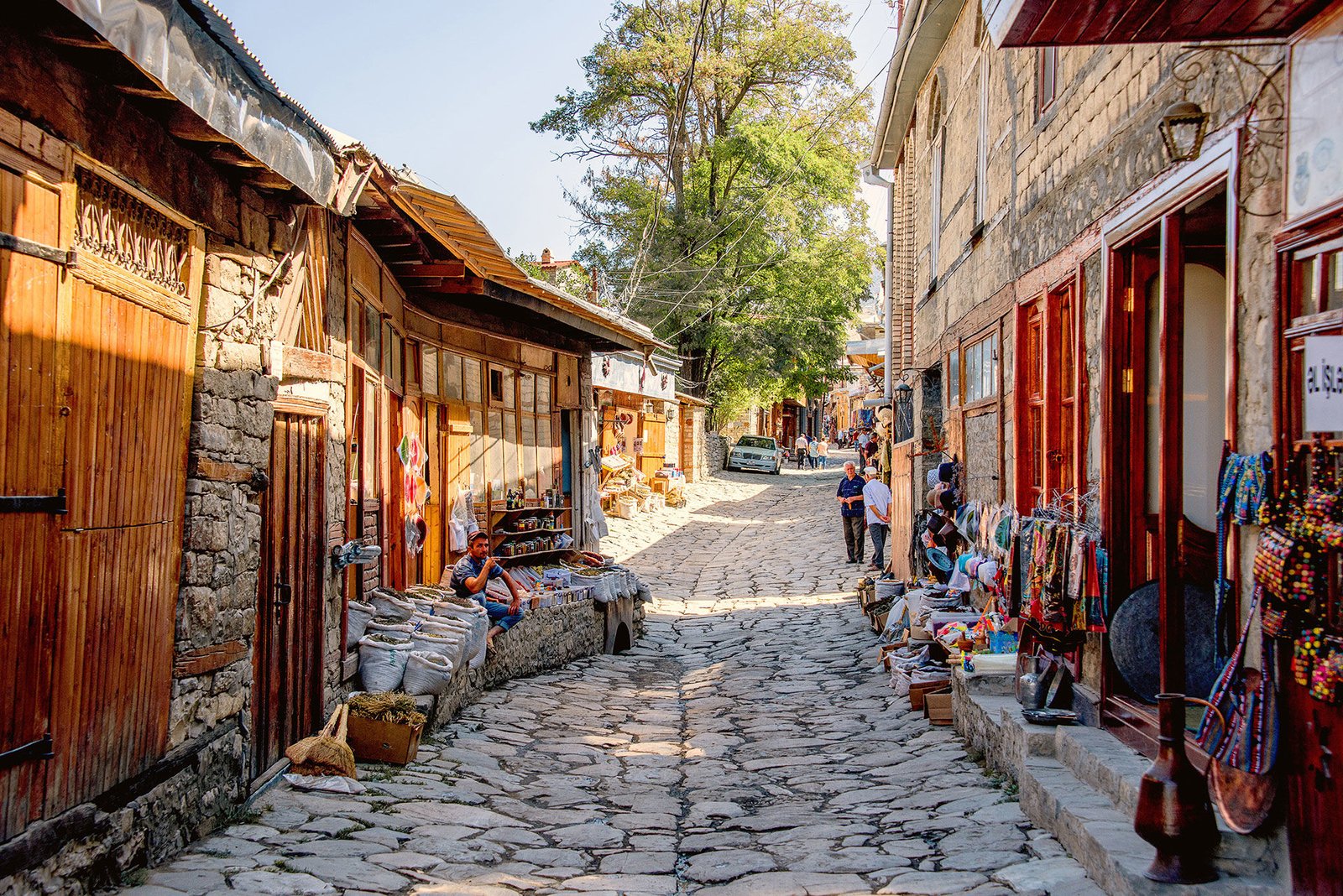
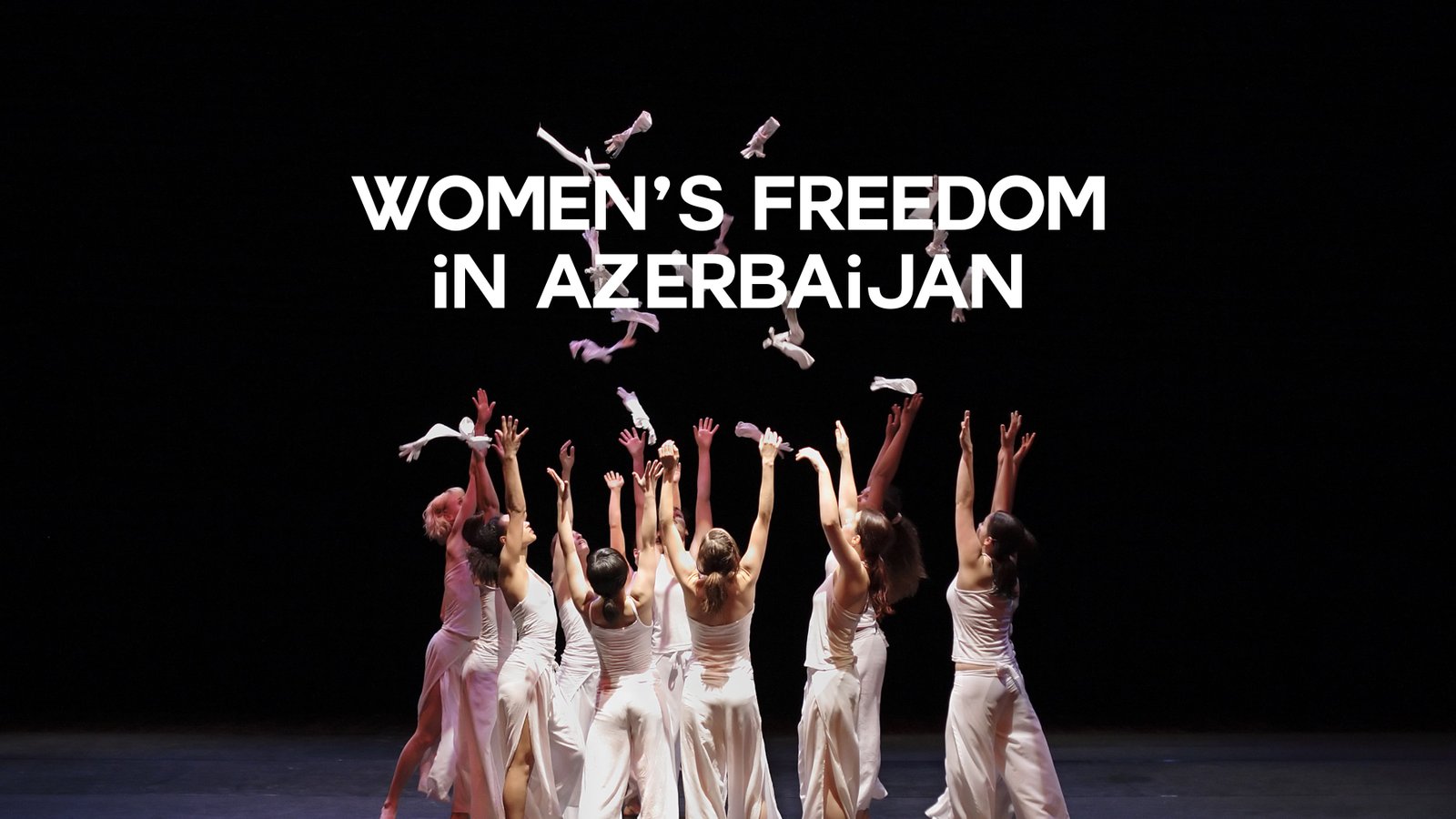


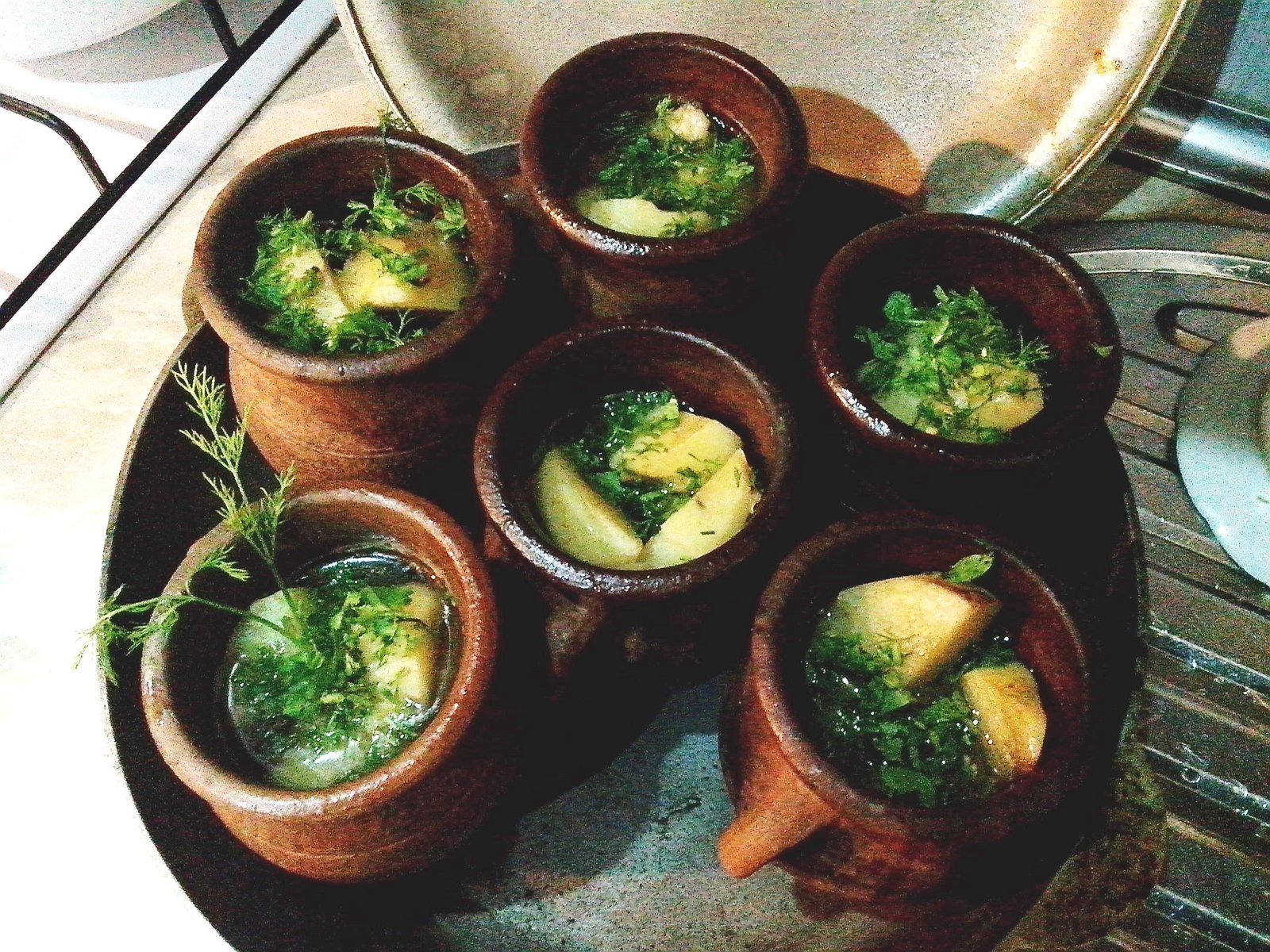

.jpg)




Comments
No comments yet.
Leave a Comment